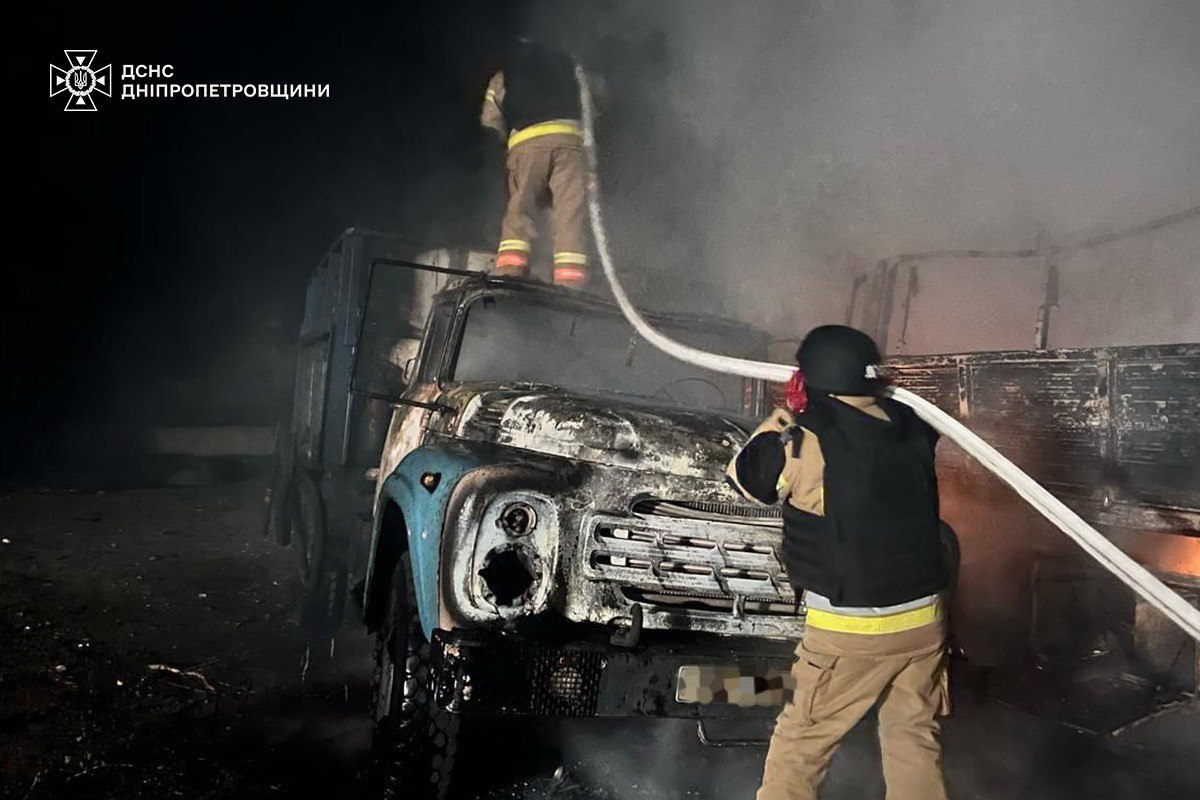Mary Akopyan: Cooperation with the International Commission on Missing Persons will help Ukraine in the investigation of Russian war crimes

This was emphasized by the Deputy Minister of Internal Affairs of Ukraine during a meeting with representatives of the International Commission on Missing Persons (ICRC), which took place today, September 28.
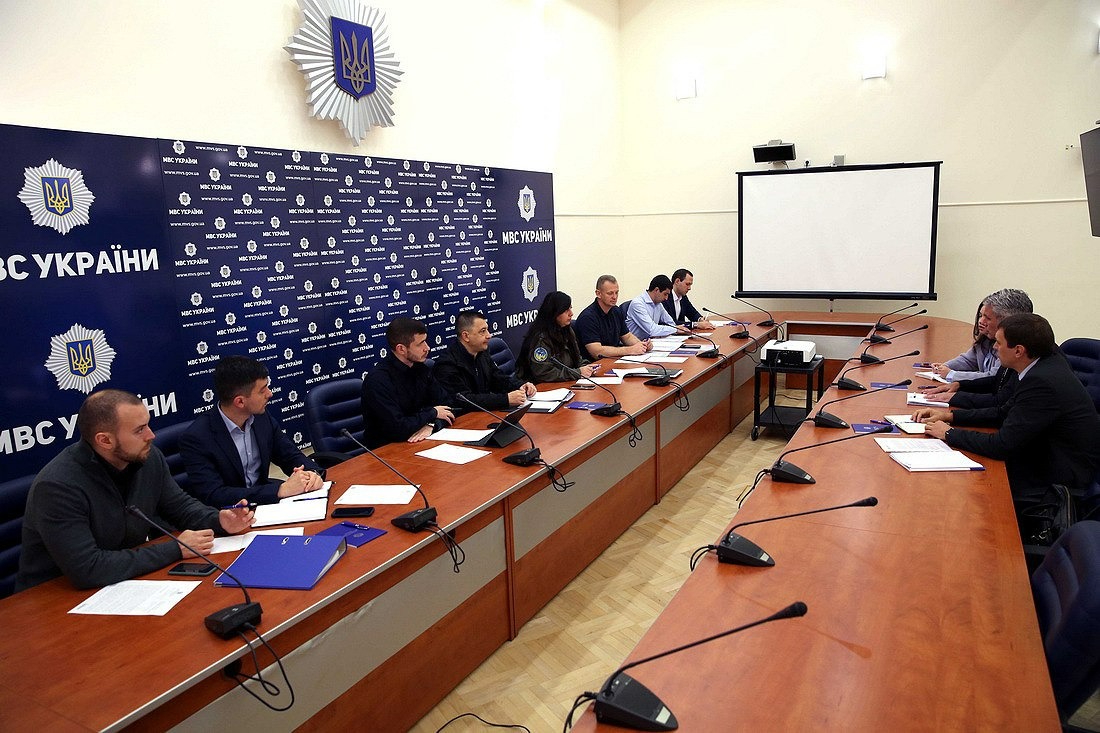
Mary Akopyan expressed gratitude to the ICZB for its willingness to join and assist in conducting examinations and appropriate investigative actions during the investigation of Russian war crimes. After all, the need for the involvement of international experts is significant: burials will continue to be found in the territories liberated from the invaders. And now the burden on the investigators of the National Police and the Expert Service of the Ministry of Internal Affairs is colossal.
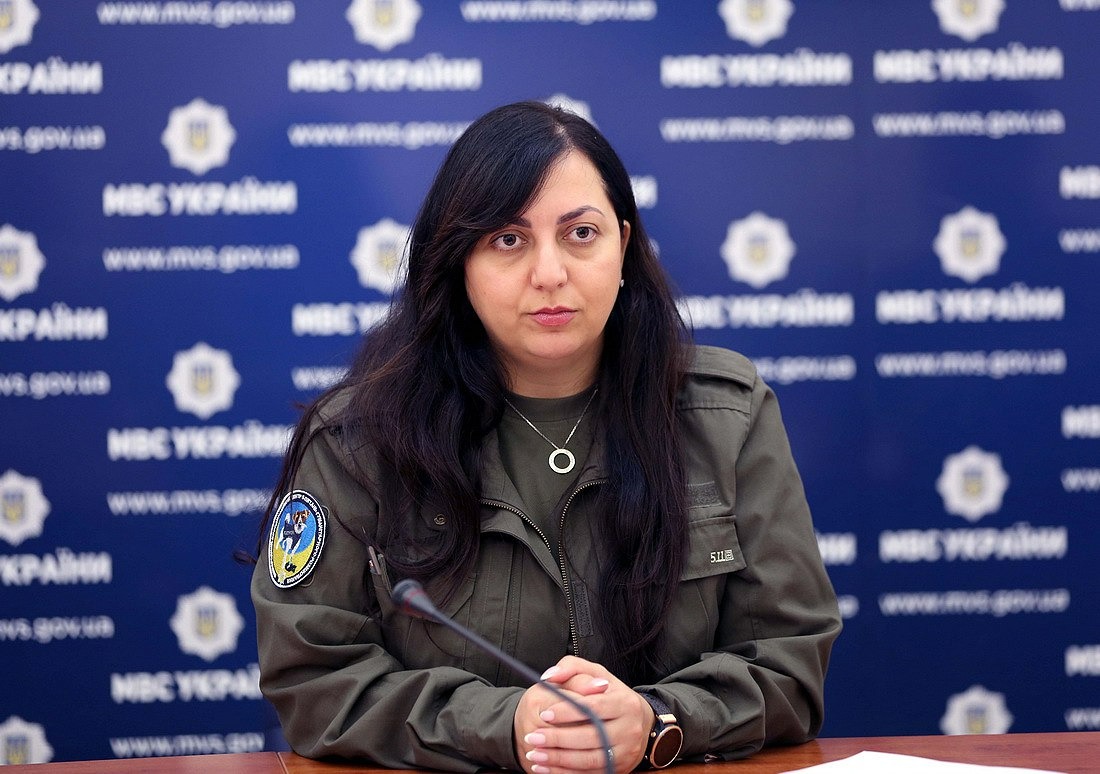
“After the liberation of the occupied territories over the past month, we faced new challenges that directly relate to the interoperability of the Ministry of Internal Affairs with the ICRC. The National Police and the DNDEKC have recently carried out powerful high-quality professional work on conducting examinations, in particular, DNA research. It should be noted that Ukraine currently really needs technical and professional assistance in these matters. At the same time, it is a platform, because our investigators and experts have gained unique experience, which they are ready to share with partners,” the deputy head of the Ministry of Internal Affairs is convinced.
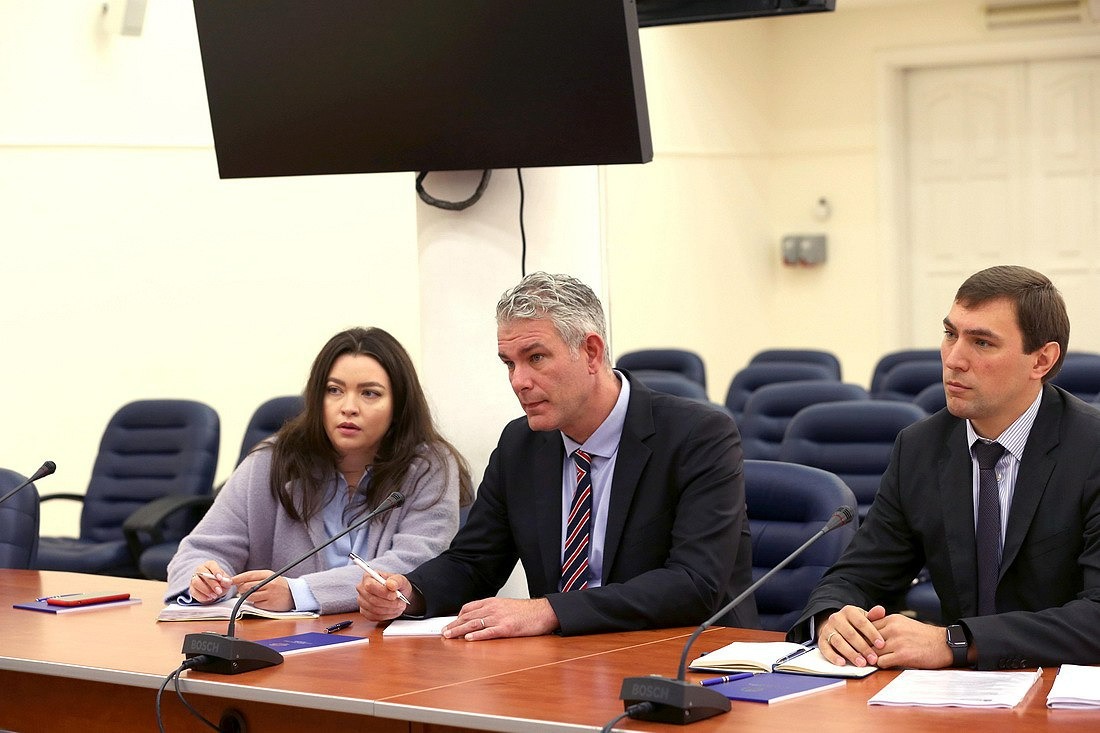
Matthew Holiday, Director of the European ICZB Programmes and Head of the ICRC Programme in Ukraine, noted that the International Commission monitors events in Ukraine, in particular in Kharkiv region, and seeks to establish cooperation to strengthen the capabilities of the Government of Ukraine in the search for missing persons.
Serhiy Krymchuk, Director of the State Research Expert and Forensic Center of the Ministry of Internal Affairs of Ukraine, stressed that the Expert Service of the Ministry of Internal Affairs uses modern techniques and techniques, employs highly qualified specialists who were involved to conduct examinations in other countries, in particular in Iraq.

“We strive to establish interaction with ICZB and exchange of experience and best practices. The expert service of the Ministry of Internal Affairs works effectively according to European standards. At the same time, we strive for development and are ready to implement your progressive techniques, which may be different from ours. This will help us in our work,” Serhiy Krymchuk said.
In turn, First Deputy Chief of the Main Investigative Department of the National Police of Ukraine Sergey Panteleev outlined the general scope of Russian crimes on the territory of Ukraine and the burden on police officers in their investigation.
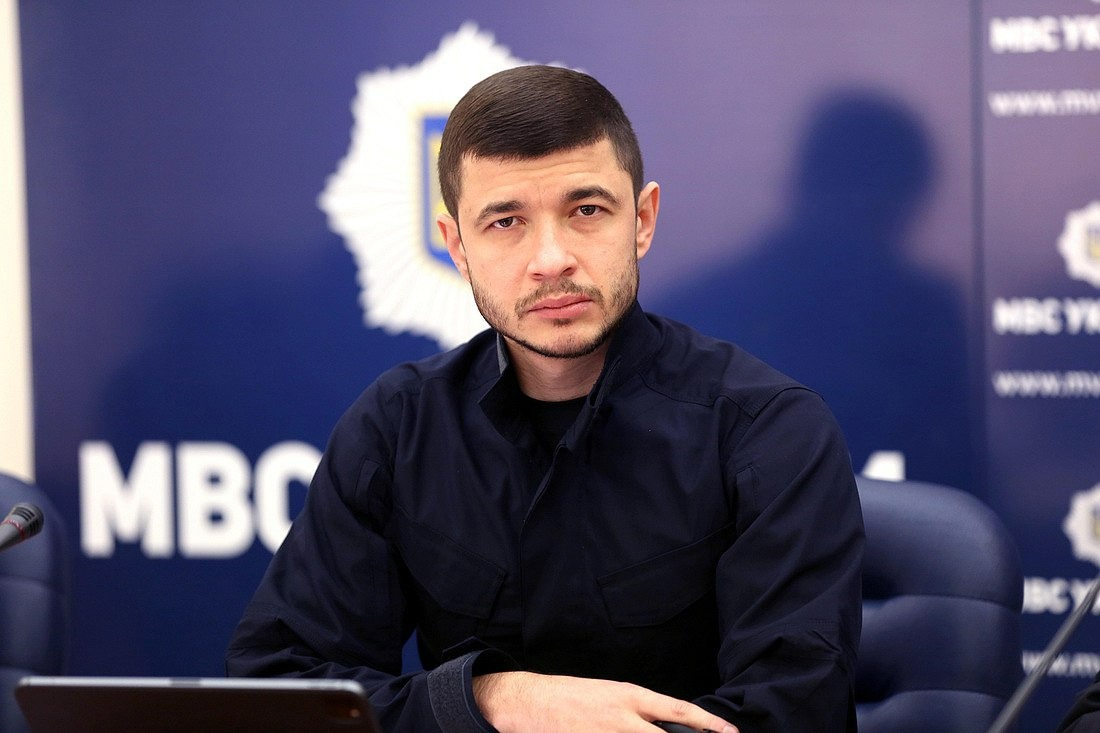
“Currently, more than 34 thousand criminal proceedings have been opened on the facts of war crimes of the occupiers. 7.5 thousand criminal proceedings have been opened on the facts of missing citizens. When investigating such cases, investigators must take samples from relatives and send them to research. The workload of investigative and expert institutions is huge. Thanks to their efforts, we managed to find 1600 citizens,” Serhiy Panteleev said.
At the same time, he outlined the difficulties that arise during the search for missing persons whose relatives have left Ukraine and cannot submit samples for DNA examination. It is in this direction of work that the National Police and the DNDEKC need the support of the ICZB.
In addition, during the meeting, the parties discussed the draft Cooperation Agreement between Ukraine and the International Commission on Missing Persons, which is being worked on. It was, in particular, the need to harmonize the draft document with Ukrainian legislation and involve a wider range of state bodies to take into account all aspects and coordinate the positions of the parties.
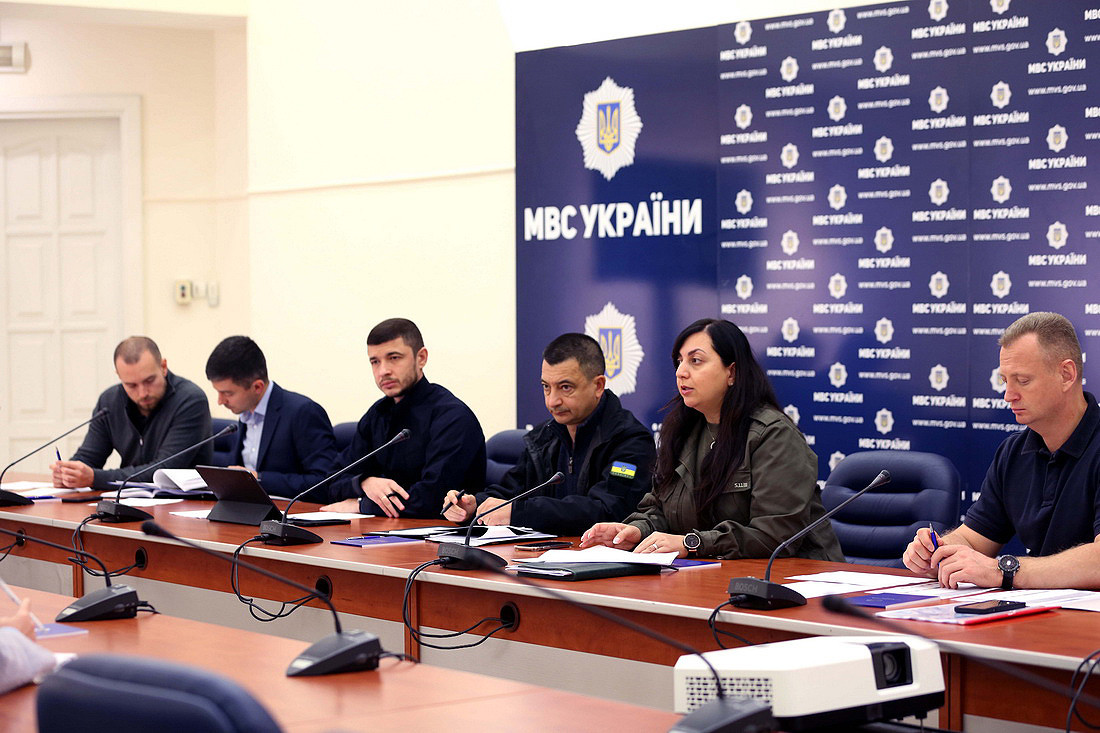
“For its part, the Ministry of Internal Affairs will contribute in every possible way in the signing of the Agreement in order to continue to interact effectively within the specified framework. At the same time, we seek to interact with ICZB right now,” said Mary Akopian.
The parties agreed, in particular, to send investigators and experts to the ICZB laboratory in The Hague to study the partners' techniques. At the same time, there was talk about the possibility of sending complex samples that could not be identified in Ukraine.
It was also agreed to send a representative of the ICZB to Kharkiv region in order to determine the scope and possibilities of attracting specialists and equipment of the Commission.
Communication Department of the Ministry of Internal Affairs of Ukraine Photo by Andriy Novytskyi




